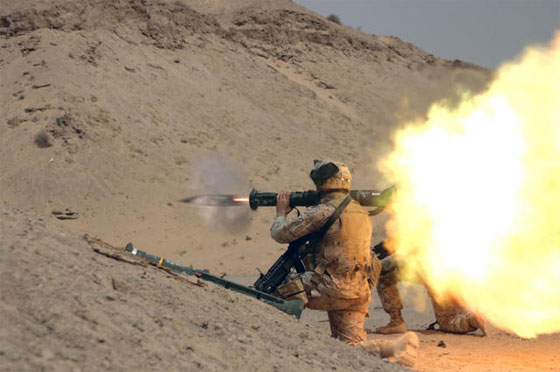That just tells you how few people- writers, designers & gamers alike- actually think through all the consequences magic would have in a world.
Magic is basically indistinguishable from tech. It's the flipside of Arthur Clark's aphorism.
I had a post on this upthread[/rul].Or, the presence of magic will make the social structure (itself) less stable. I suppose that this could be one role of Wizard's Guilds (to create a social structure for mages to prevent a power struggle between the nobility and the mages).
To reiterate - a lot of D&D is fundamentally confused as to what it's setting is. It wants the world to be quasi-mediaeval, but with a lot of anachronism (eg reading more modern values into the world, disregarding the relationship between mediaeval social forms and militarily and politcally aggressive Christianity, etc). This is the world of Conan or the Lord of the Rings. It is a historical/sociological impossibility. Just as flying dragons or walking giants are (without magic) a biological/physical impossibility.
The way that flying dragons can nevertheless work in the game is because we ignore the natural laws violations. Likewise, for setting, we have to ignore the sociological impossibilities.
A problem sets in for some approaches to D&D play, however, because they in fact encourage us to pay attention to the sociology of the gameworld. They encourage us to bring those absurdities to the foreground. And nonsense ensue - or, if it's not nonsense, the consequence does not look anything like a mainstream fantasy RPG setting.
It's the sociology equivalent of a game in which the players take a Decanter of Endless Water to a desert and become millionaires (this is the result of making economics part of the game mechanics rather than just a backdrop) or use Fire Elementals to make perpetual motion machines (the result of making thermodynamics part of the game mechanics rather than just a backdrop).
My preference is to keep these parts of the setting as backdrop rather than mechanics. Some of this depends on player buy in. But that player buy in is helped by mechanics that don't encourage the players to look for ways to foreground these elements of the mechanics.
(This also relates, to some extent, to Johnny3D3D's problem of the players being pushed by the mechanics just to smash traps and cable car gondolas rather than engaging with them in a more cinematic fashion.)



